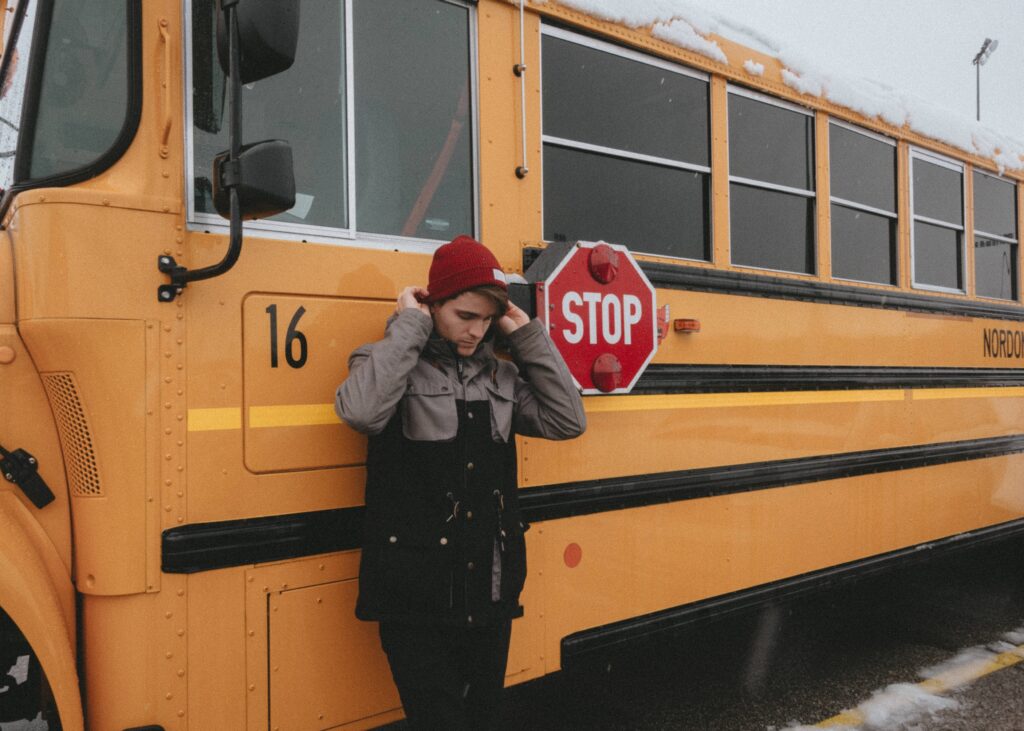James F. Crowley, M.A., Founder of Community Intervention
It’s over — and I know that thousands of children in this country have breathed a sigh of relief — Christmas is over! For children growing up with alcoholic or drug dependent parents, holidays are not the exciting time that fairy tales and television make them out to be. Even though each year there is hope that it will be different this time, down in the deepest part of their being, they know they will be cheated out of something — something good — something that other children will have. The daily drunken stupor, the yelling and fighting, is somehow supposed to be different at Christmas. But it isn’t — it’s worse.
Today, even as an adult and having had the luxury of therapeutic help, sadness surfaces when I think of those childhood Christmases — my father drunk at our Christmas Eve dinner, the fear-filled dead silence of we three children, and the embarrassment I felt because of the stench of stale alcohol on his breath at midnight Mass. And through all of those times, I pretended and acted as if nothing was wrong. All the time I wished that someone would see the pain behind the facade and would care — would soothe — would help. It didn’t happen.
My teachers, priests, youth workers, pediatricians, and other adults in my life only saw the well-behaved child, the good student, the captain of the school patrol. They didn’t see the hurt, scared, inadequate, and lonely child inside. They were good and caring people who were not trained to see the need or how to respond to it adequately.
During my ten years as a classroom teacher, I saw other children of alcoholics. Not only those who acted out their pain with the “I-am-OK” facade, but those who had discipline problems and those who lost themselves in a crowd. It was during those years I realized it was not enough to just work with these children; it was necessary to reach other adults working with children. They needed to be made aware of the suffering of these children and how, within their specific professional roles, they could help. So for nearly 40 years, I worked to establish student assistance programs whereby teachers, counselors, and other school staff can reach out in a supportive network for these children living in alcoholic or drug dependent families. Student support groups, now a daily occurrence in schools around this country, offer the support I so desperately needed as a child.
It is not just educators and schools; however, it is all adults in the community who can be of tremendous help. For over 10 years I was a part of a wonderful vehicle to vastly expand these efforts to other groups of significant adults. I was a volunteer member of the board of directors of the National Association for Children of Addiction (NACoA). This international Voice for the Children organization is reaching these significant adults: pediatricians, educators, social workers, day care providers, clergy, law enforcement, court officers, and parents. NACoA is giving these adults the detailed core competencies, training, and educational print and media materials necessary to identify, refer, and support these special children and help their families heal.
Every year there should be fewer children breathing that sigh of relief that a horrendous Christmas is over. But thousands of children remain looking for that trusting adult who will see that pain behind the facades. You can help! I urge you to spread the word of NACoA, and, if you can, to financially support this growing and effective organization, and to share NACoA’s valuable educational materials — like the Children Learn What They Live Poster — with adults in your community. You can make a significant difference. The silent cry for help needs to be heard and acted upon. Children deserve nothing less.
James F. Crowley, M.A., was the founder and, for 40 years, the president of Community Intervention in Minneapolis, MN.
